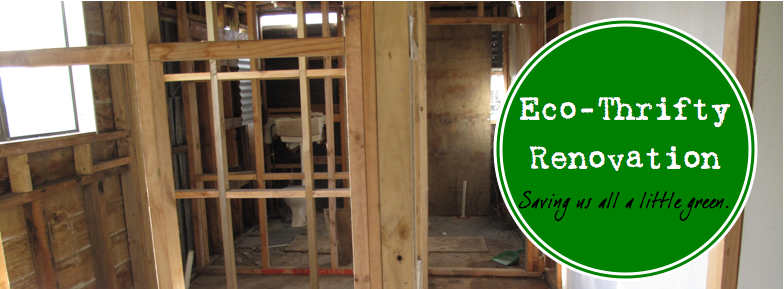
Although I have been in the field of EE/EfS for 25 years, I am new to the field of EE/EfS research. I can still recall sitting in a lecture theatre in 1986 while a professor covered the problems of the world from deforestation to ozone depletion and everything in between. That course gave a new direction to my life (other than sport) that I have been following ever since. Over the last two decades I have been a secondary school environmental and science teacher, a wilderness trip leader, an organic farmer, and green builder. In 2008 I decided to combine these experiences into PhD research that draws on them all. The challenges my research seeks to address are the high rate of attrition in science classes beyond the compulsory years, and the low uptake of EfS in high schools. As a result, both the scientific literacy and ecological literacy of many post-secondary learners is sub-optimal. While a whole school approach is recommended and appears appropriate for many primary schools, at present it does not appear to be viable for most secondary schools. The approach I’ve developed to engage students in science while incorporating high quality EfS into a Year 10 science classroom in New Zealand is to set the science learning within the context of environmental problem-solving and ecological design through the use of local permaculture projects. Transformative learning theory, systems thinking, social constructivism, and experiential learning play key roles in this research.

No comments:
Post a Comment